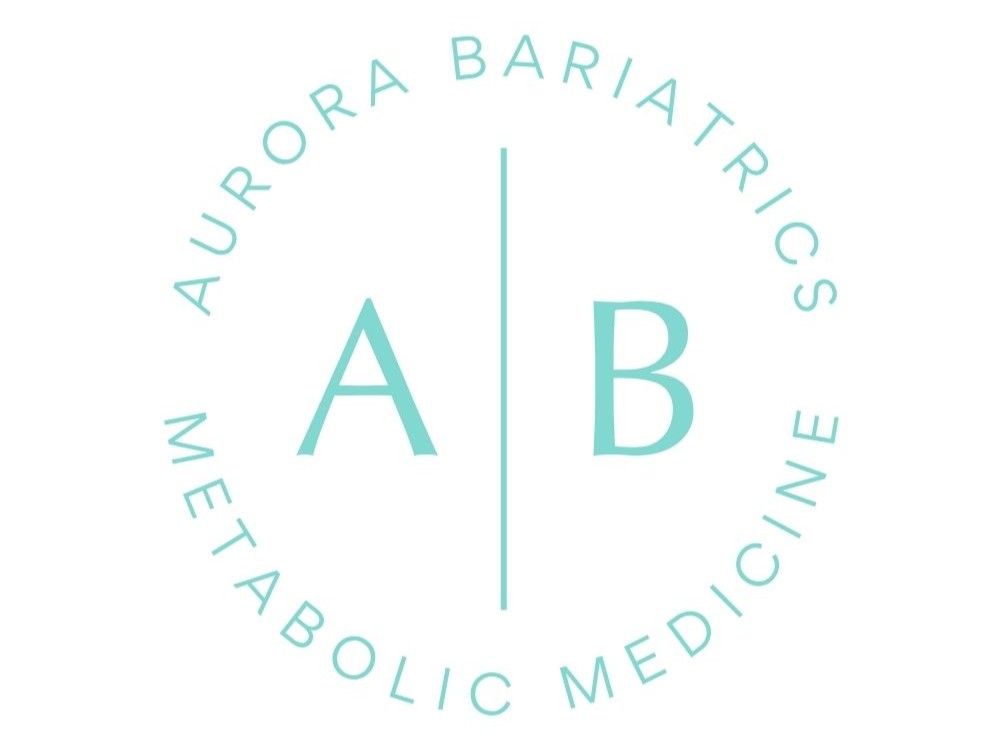After Surgery
Welcome to the first two weeks after bariatric surgery! You're getting stronger, healing and your journey is just beginning.
Days 3–14: At Home Recovery
Fluids & Diet
- Your top priority is staying hydrated – sip, sip, sip all day.
- Follow your dietitian’s instructions for the next stages of your liquid and soft food diet.
- Aim for 1–1.5 litres of fluid daily, including broths, protein drinks and hydrating fluids.
Pain & Activity
- Most people reduce or stop pain relief after a few days.
- Continue walking several times a day.
- Avoid swimming, heavy lifting, or intense exercise.
You may resume driving after one week as long as you feel well and can brake safely.
Wounds
- Surgical glue is applied to wounds and will gradually peel off by day 10–14.
- Some mild itchiness is normal.
Travel & Safety
- If travelling long distances, stop every 2 hours to stretch and walk.
- Continue wearing your compression stockings until you’re more active.
Signs to Watch For
Seek medical attention if you experience:
- Fever
- Severe abdominal pain
- Inability to drink or swallow
- Shortness of breath
If urgent, present to your nearest Emergency Department. Public bariatric emergencies in WA are managed at Sir Charles Gairdner Hospital.
Follow-Up Care
- Your surgeon will see you around 3 weeks after surgery, in person or via Telehealth.
- If you have concerns:
- During hours: Call our rooms on (08) 6478 7631
- After hours/emergencies: Visit your local Emergency Department or GP
Exercise Guidelines
- Walking: Start immediately post-op
- Light cardio (walk/cycle): A few days post-op
- Weights, Pilates, high-intensity exercise: Wait at least 4 weeks
- If you had a hiatus hernia repair: No weights for 4 weeks
Watch Dr Ruth Blackham explain what to expect in your first two weeks post op:
You're Not Alone on This Journey
The first days after bariatric surgery can feel challenging — but with the right care, guidance and mindset, each day gets easier. Our team at Aurora Bariatrics is here to support you every step of the way, from your first sip of fluid to your long-term goals.
Recovery isn’t just about healing — it’s about building new habits, gaining confidence, and taking back control of your health.
If you have questions, concerns or need support, don’t hesitate to reach out. We’re here to help you succeed.


